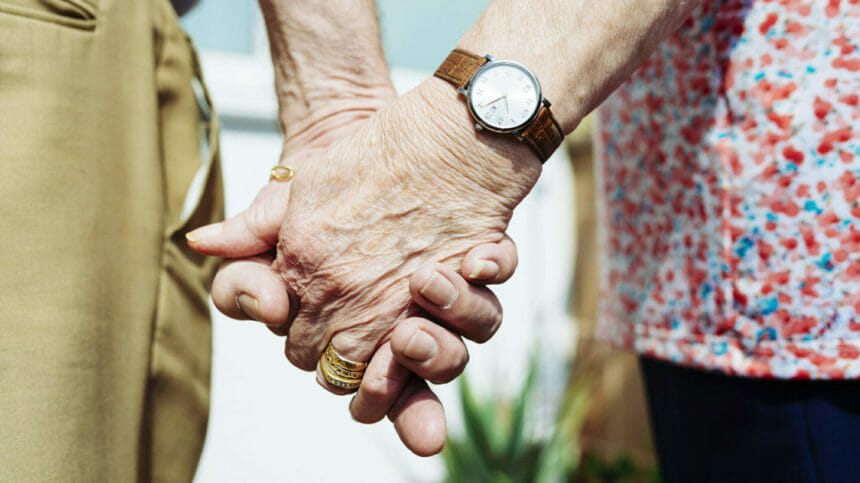
Marriage, no matter the quality of the relationship, is linked to lower blood glucose (sugar) levels for older adults, finds a study published this week in BMJ Open Diabetes Research & Care. The findings underscore the potential for clinical implications when a patient loses a cohabiting relationship later in life, investigators say.
Previous studies have suggested that marriage and cohabitation come with health benefits for older adults. In the new study, researchers from Luxembourg and Canada aimed to examine the association of marital status and marital quality with average glycemic levels. Data came from more than 3,300 participants in the English Longitudinal Study of Aging.
HbA1c and marital factors
Biomarkers from that population study were used to analyze changes in hemoglobin A1c (HbA1c) levels, a measure of blood sugar, in relation to marital factors. Those factors included marital status, social support from spouse and social strain from the spouse over time.
Being married or cohabiting seemed to have a protective effect, with lower HbA1c values in adults who did not have pre-existing diabetes, investigators found. In addition, levels of support — or strain — in the spousal relationships were not generally not associated with HbA1c values.
Having a close cohabiting relationship of any type appeared to be more beneficial to glycemic health than having no such relationship, the researchers noted. For that reason among others, seniors may require added support to maintain their health — specifically glycemic regulation — when they experience the loss of a close relationship through divorce or bereavement, they concluded.
The authors called for the “dismantling of negative stereotypes around romantic relationships in later life,” and encouraged clinicians to use these social factors as starting points to address health risks.
Related articles:
Large new study links social isolation to dementia risk
Troubled family relationships can trigger chronic health problems



